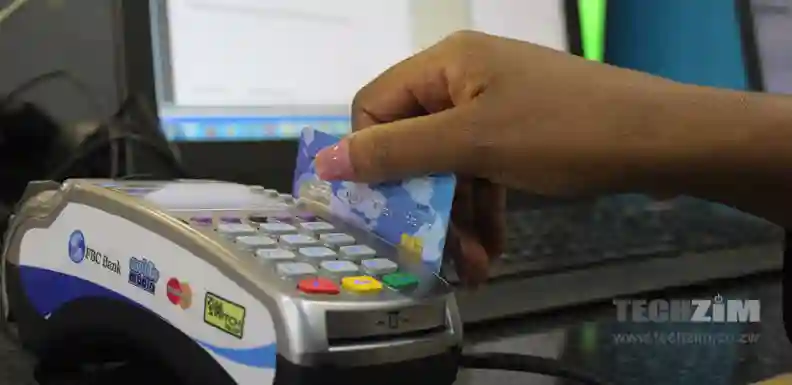With the current liquidity crunch coupled with high premiums charged by EcoCash agents when doing cash out, and some businesses’ refusal to accept swipe or mobile money payments, ‘enterprising’ citizens have found a way to survive.
Some people are now buying goods from shops accepting plastic money, mostly large scale retail chains, and then re-selling the goods at the same price or even lower on a cash basis.
Speaking to The Herald, a Chitungwiza resident who buys bread in bulk at $15 per loaf using EcoCash and resells it at $10 per loaf in cash said:
I found this better than cashing-out from an EcoCash agent, who will demand half of my money to give me cash. Now I get all of my money when I sell bread in my area.
Even if I sell at a lower price, it is still reasonable, because it’s like doing EcoCash cash-out at 12 per cent, which is way lower than the 50 per cent required by agents.
Zimbabwe has been experiencing a cash crisis for about three years and this has birthed a new form of “aristocracy”, the so-called cash barons who have access to cash which they sell through EcoCash cash-out transactions.

